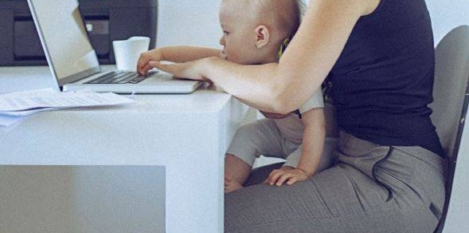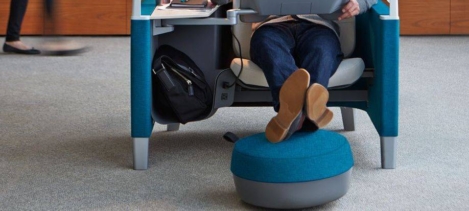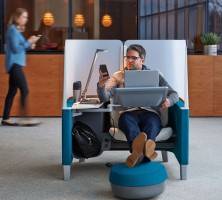February 29, 2016
Report sets out challenges for rapidly changing Australian workplace 0
 When it comes to innovation in workplace design and management, there are few countries in the world quite so forward thinking as Australia right now. Even so, Australia’s workers, firms and legislators remain under-prepared for the rapidly changing world of work, according to a new report from the Commonwealth Scientific and Industrial Research Organisation (CSIRO), a Government funded research agency. Many of the trends outlined in the report will be familiar to readers of Insight. Over the next twenty years, it claims that around half (44 percent) of all jobs will be subject to computerisation and automation. Over the same period, it suggests that the majority of people will become active in the gig economy, many of them based in shared coworking spaces. The report also suggests that while Generation Z will be faced with the highest degree of change, an ageing population presents its own challenges.
When it comes to innovation in workplace design and management, there are few countries in the world quite so forward thinking as Australia right now. Even so, Australia’s workers, firms and legislators remain under-prepared for the rapidly changing world of work, according to a new report from the Commonwealth Scientific and Industrial Research Organisation (CSIRO), a Government funded research agency. Many of the trends outlined in the report will be familiar to readers of Insight. Over the next twenty years, it claims that around half (44 percent) of all jobs will be subject to computerisation and automation. Over the same period, it suggests that the majority of people will become active in the gig economy, many of them based in shared coworking spaces. The report also suggests that while Generation Z will be faced with the highest degree of change, an ageing population presents its own challenges.






























March 22, 2016
While politicians squabble, here’s what the Budget meant for the workplace 0
by Mark Eltringham • Comment, Facilities management, Legal news, Workplace, Workplace design
(more…)